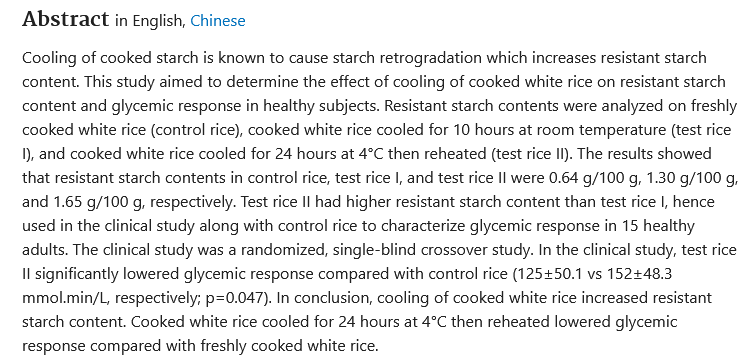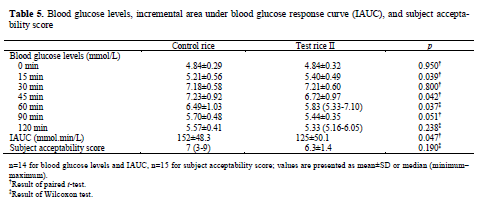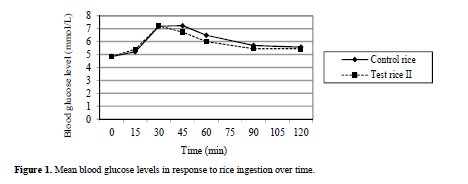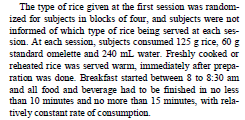Hi everyone,
Just looking for some advice/support.
To cut a long story short, I have experienced numerous health problems after a bad car accident a couple of years ago. Eating had become ridiculously uncomfortable, so I got some allergy (IgE) and intolerance (IgG) testing done. I have had longstanding problems with milk and wheat since teenage years.
Of the allergens I was tested for, I came back as allergic to every plant food on the list. (18 total. I guess that explains why I’ve been sick all the time.) The only foods showing no reaction were fish, meat and animal produce.
Which leads me to the carnivore diet. But I’m also intolerant to cow’s milk, eggs, chicken.
I’m honestly overwhelmed and at the end of my rope. It’s hard to describe how ill it makes me feel just to eat. Meat does go down easier, but such a big change in my diet seems…undoable. I don’t know how to start. I’ve tried keto before but couldn’t stick to below 20g carbs because I would get to feel really low and depressed. And right now eating only meat makes me exhausted.
I am working with professionals, etc to try and figure this out. But I need some real people with experience. I know there’s a lot of good info on here but I had aTBI which makes reading and writing difficult.
Any help or suggestions welcome. This is just the latest blow in a long fight to get this body to stay alive and I’m feeling exasperated and overwhelmed.
TIA








